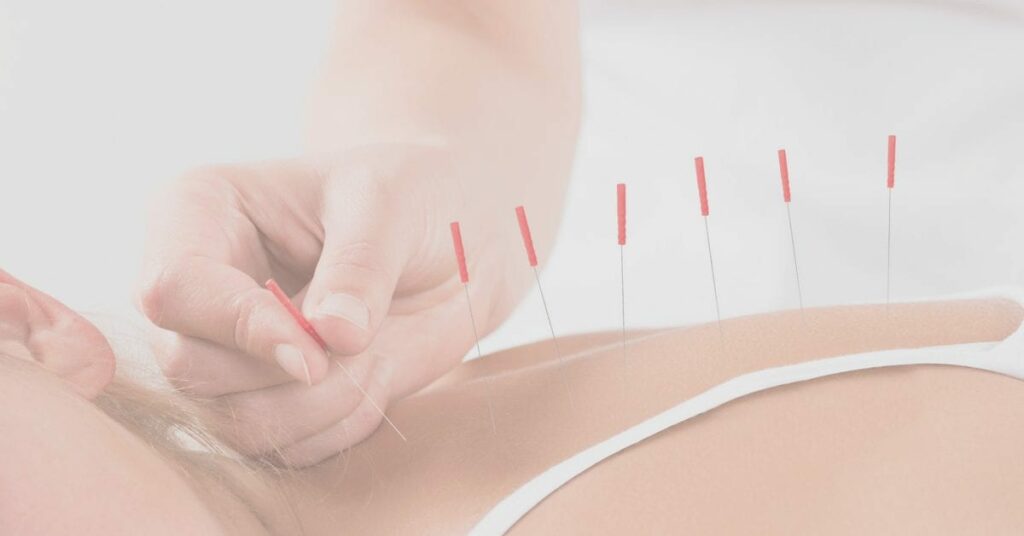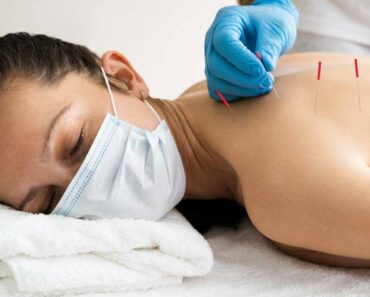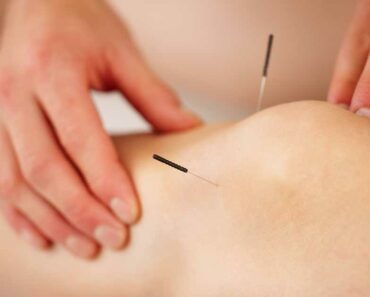The Potential Bad Side Effects of Acupuncture: What You Need to Know
Acupuncture has been hailed for its numerous health benefits, from pain relief to stress reduction. But, like any medical treatment, it comes with its own set of risks and side effects. While many people experience positive results, it’s crucial to be aware of the potential downsides. Let’s delve into the side effects of acupuncture, so you can make an informed decision before trying this ancient practice.
Table of Contents
History of Acupuncture
Acupuncture has its roots in ancient China, dating back thousands of years. Originally part of traditional Chinese medicine, it was used to balance the body’s energy, or “qi.” Over time, acupuncture has evolved and integrated into modern healthcare systems worldwide. Despite its long history, it remains a topic of ongoing research and debate in the medical community.
How Acupuncture Works
The process involves inserting thin needles into specific points on the body. These points are believed to correspond with various health issues and are chosen based on the individual’s symptoms. Acupuncture is commonly used for pain management, treating chronic conditions, and promoting overall well-being. While many find it beneficial, understanding the mechanism behind it is still a subject of scientific exploration.
Understanding Side Effects
Just like any treatment, acupuncture isn’t without its side effects. These can range from mild and temporary to more serious complications. Side effects occur due to various reasons, such as the practitioner’s skill level, the patient’s health condition, and even the cleanliness of the needles used.
Common Side Effects of Acupuncture
Mild Side Effects
Soreness and Bruising
One of the most common side effects is mild soreness and bruising at the needle insertion sites. This is usually temporary and can be managed with simple home remedies like applying ice packs.
Dizziness and Fainting
Some individuals may experience dizziness or fainting during or after the treatment. This can be due to anxiety, hunger, or low blood pressure. It’s important to communicate with your practitioner if you feel lightheaded.
Moderate Side Effects
Fatigue
Feeling tired after an acupuncture session is relatively common. The body is believed to be adjusting to the treatment, which can lead to a temporary state of fatigue. Rest and hydration can help alleviate this symptom.
Allergic Reactions
Though rare, allergic reactions to the needles or substances used during acupuncture can occur. Symptoms may include itching, rash, or swelling. If you suspect an allergic reaction, seek medical advice promptly.
Severe Side Effects
Infections
Using non-sterile needles or improper techniques can lead to infections. Ensuring that your practitioner follows strict hygiene protocols can minimize this risk.
Nerve Damage
In rare cases, acupuncture can cause nerve damage, resulting in pain, numbness, or weakness. This underscores the importance of choosing a well-trained and experienced practitioner.
Soreness and Bruising
Soreness and bruising typically result from the needle piercing the skin and underlying tissues. These symptoms are usually mild and resolve on their own within a few days. Applying cold compresses and avoiding strenuous activity can help reduce discomfort.
Dizziness and Fainting
Feeling dizzy or faint can be alarming but is usually not serious. It can be prevented by eating a light meal before the session and ensuring you are well-hydrated. If you do feel faint, lying down and taking deep breaths can help restore your equilibrium.
Fatigue After Acupuncture
Post-treatment fatigue is believed to be a sign that the body is healing and rebalancing its energy. To combat this, it’s advisable to rest, drink plenty of fluids, and avoid overexertion for the rest of the day.
Allergic Reactions
If you notice signs of an allergic reaction, such as itching, redness, or swelling, it’s important to inform your practitioner immediately. Antihistamines or topical creams may be recommended to alleviate symptoms.
Infections from Acupuncture
Infections can occur if the needles are not properly sterilized. Symptoms might include redness, swelling, and pus at the needle site. If you suspect an infection, seek medical attention promptly to prevent complications.
Nerve Damage Concerns
Nerve damage from acupuncture is rare but can happen, particularly if needles are inserted too deeply or incorrectly. Symptoms include sharp pain, tingling, or loss of sensation. Immediate consultation with a healthcare provider is necessary if nerve damage is suspected.
Who Should Avoid Acupuncture
Certain individuals should avoid acupuncture or seek medical advice before proceeding. This includes those with bleeding disorders, severe skin infections, or pacemakers. Pregnant women should also consult their doctors, as acupuncture can potentially induce labor.
Minimizing the Risk of Side Effects
To reduce the risk of side effects, choose a qualified and experienced acupuncturist. Ensure that they use sterile, single-use needles and follow proper hygiene practices. Researching practitioners and reading reviews can also provide peace of mind.
What to Do If You Experience Side Effects
If you experience any side effects, it’s important to act promptly. Mild symptoms like soreness or fatigue usually resolve on their own. However, for more severe symptoms like infections or nerve damage, seek medical help immediately.
Conclusion
Acupuncture can offer numerous health benefits, but it’s not without risks. Understanding the potential side effects can help you make an informed decision. Always choose a qualified practitioner and communicate openly about your health concerns. With the right precautions, you can enjoy the benefits of acupuncture while minimizing the risks.

FAQs
What are the most common side effects of acupuncture?
The most common side effects include mild soreness, bruising, dizziness, and fatigue. These symptoms are usually temporary and resolve on their own.
Can acupuncture cause long-term damage?
While rare, severe side effects like infections or nerve damage can occur. Choosing a qualified practitioner and ensuring proper hygiene can minimize these risks.
Is acupuncture safe for everyone?
Acupuncture is generally safe for most people. However, individuals with certain medical conditions or those who are pregnant should consult their doctor before undergoing treatment.
How can I find a qualified acupuncturist?
Look for practitioners with proper certification and training. Reading reviews and asking for recommendations can also help you find a reliable acupuncturist.
What should I do if I feel unwell after acupuncture?
If you experience mild side effects, rest and hydration usually help. For more severe symptoms like infections or nerve damage, seek medical attention immediately.


